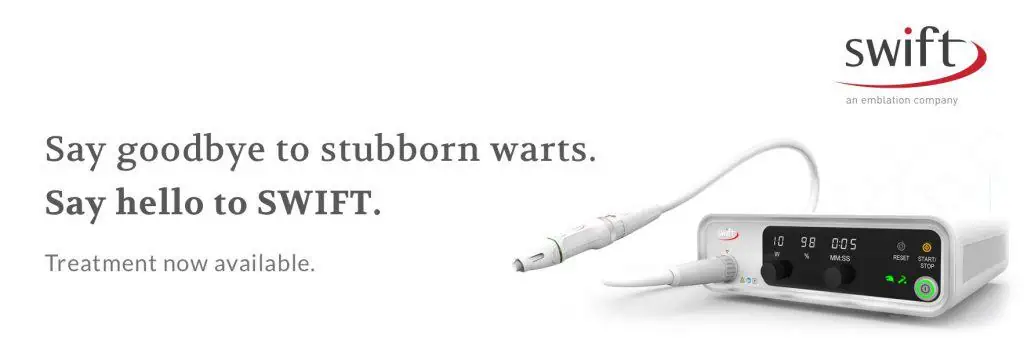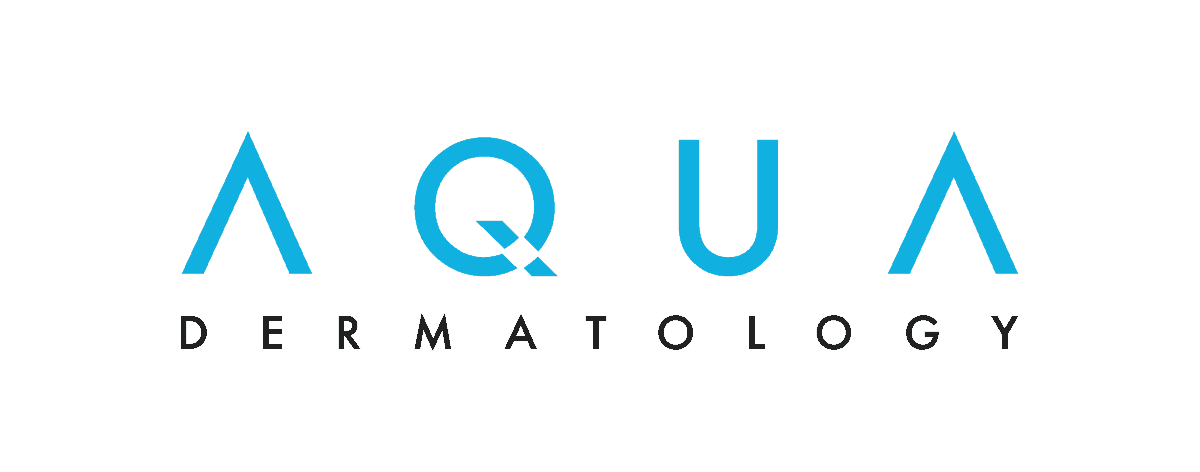Warts
The development of small keratotic tumors of the skin is caused by one of about 200 variants of the human papillomavirus (HPV) group. They often spontaneously go away, but particularly stubborn warts may require medical intervention.
Symptoms
Warts can grow anywhere on your body. In general, warts are painless unless they appear on the soles of the feet. If a wart is big enough to be seen, the HPV virus likely already has been in your body for a few months. The different types of warts are determined by where they grows on the body and what they look like.
Common warts often are seen on the fingers, fingernails or backs of the hands. They can grow in clusters and feel like rough bumps. Sometimes they have visible black dots called “seed” warts. This type of wart is common among children and often goes away on its own.
Plantar warts affect the soles of the feet and grow inward instead of outward, making them harder to treat. That’s because the pressure of walking or standing forces them deeper into the tissue of the foot. They may be flat and can show black seed dots. Plantar warts can be painful to the step, causing problems walking or running.
Flat warts are slightly raised, smooth skin-colored bumps that are smaller than other types of warts. They usually grow in clusters—up to 100 at a time. Children often get flat warts on the face. In adults, flat warts can be acquired on body parts that are shaved, such as the beard area of men or on the legs of women.
Genital warts is a highly contagious sexually transmitted disease (STD). The warts appear as soft, moist, pink or flesh-colored bumps, and sometimes grow into cauliflower-like clusters. This type of wart may go away on its own, but if that’s not the case, it can be treated by a healthcare provider.
Filiform warts look like long threads or thin fingers that extend from the infected skin. It grows quickly, often around the mouth, eyes, and nose. Because it appears on the face, it sometimes causes embarrassment or feelings of self-consciousness.
Subungual (toenail) or periungual (fingernail) warts are difficult to rid and require prolonged treatment because they form under and around the fingernails (often due to nail biting) or toenails. Some sufferers develop yeast or fungal infections around the subungual or periungual wart area due to nail breakage created by the upward motion of the wart’s growth.
What Causes Warts?
The HPV virus is contagious, meaning that it can be transmitted through contact with a person, a surface (like countertop or shower floor), or even towels or clothing. In fact, you can transfer warts from one area of your own body to another.
Not everyone who carries the HPV virus will form warts but you can still infect another person. People with cuts or scrapes are more susceptible, which is why warts are especially common among children. If you bite your nails or cut hangnails, or have a weakened immune system, you are at greater risk. Those with diabetes, HIV/AIDS (Human Immunodeficiency Virus) or other autoimmune diseases may not be able to fight off the HPV virus without the help of a healthcare provider.
Treatment Options
Click here to learn more about Swift Technology
There is no cure for warts, and they have a tendency to return. Warts sometimes go away on their own as your body attacks the infection, but this process can take up to two years in children and as much as seven years in adults. Repeated treatments may be necessary. The proliferation of various treatments reflects the fact that successful resolution mostly depends upon the patient’s immune response. There are a variety of treatments available without a prescription that ought to be tried prior to seeing a physician.
Although most warts are harmless, a dermatologist may need to treat them. Consult with a Riverchase provider if you experience the following:
- Painful or bleeding warts
- Red streaking, pus, discharge or fever
- Warts on the face or genitals
- Warts that grow rapidly, spread or multiply
- Warts that interfere with daily activities
- Warts that do not respond to self-care
- Warts that rub against clothing or jewelry or are irritating
- Warts and diabetes or weakened immune system
- There is a change in color, shape or appearance of a wart
A Riverchase dermatologist will conduct a visual exam to identify a wart. Rarely, a simple procedure called a skin biopsy may be needed to look at a small piece of the infection under a microscope to be sure. In these cases, the doctor will remove the wart and send it to the lab.
Do not attempt to remove a wart by burning, cutting, tearing or picking because you can cause excessive bleeding, worsen the infection and make it easier to spread the virus to others. If you decide to use over-the-counter wart medications it is important to follow the instructions carefully. It may take daily treatment for several weeks or months to be effective.
Note: do not use these medications anywhere on your face, neck or genitals. Instead, seek treatment from Riverchase dermatologist.
Special foot cushions that you can find at drugstores may help ease the pain of plantar warts. Be sure to use socks and wear shoes that provide plenty of room. Avoid high heels.
Once you have been diagnosed with warts, your Riverchase physician may try one or more of the following treatments, depending on where on the body the warts are located, age, overall health, previous treatment response to warts and personal preference:
- Freezing with liquid nitrogen (cryosurgery, or cryotherapy)
- Burning with an electric needle (electrocautery, or electrodesiccation)
- Using a laser to disrupt the blood supply of the warts
- Application of topical creams
- Injection with bleomycin (a chemotherapy drug) into the warts
- Application of imiquimod; a cream that induces your immune system to destroy the warts






